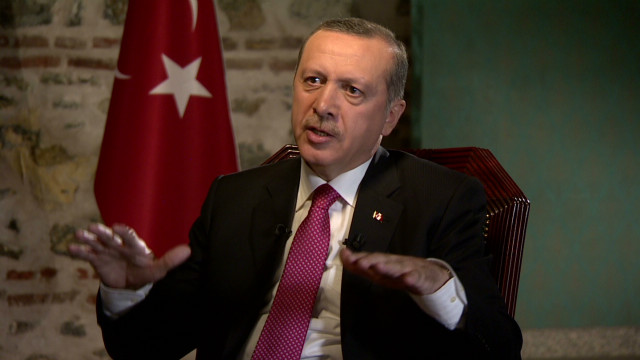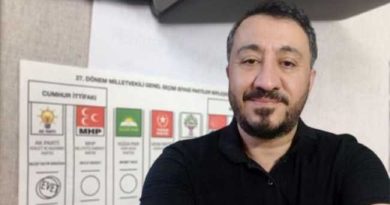What Will the New Map for Kurds in Turkey Look Like?
The most recent killings of Turkish soldiers in the southeastern province of the country has caused big rage among crowds and within the government as well. Prime Minister Erdoğan and his crew have been disappointed by the undesired (if not unexpected) acts of the the pro-kurdish terror group, as it is getting more and more difficult to verify a kurdish-opening in the eyes of the Turkish population.
Below is an analysis to put us in the picture regarding the difficult situation the Kurdish deputies, as well as intellectuals supporting the Kurdish initiative are now in.
ARTICLE: What will the Kurdish politicians do now?
The pro-Kurdish BDP deputies are expected to end their boycott in October. What will the Kurds’ new road map look like? An answer was sought out for this question in the eastern province of Van over the weekend. Two views have emerged: They will either escalate the “oath crisis,” or end it so as to keep waging the struggle in Parliament.
While statements from Abdullah Öcalan, the imprisoned leader of the outlawed Kurdistan Workers’ Party, or PKK, are slowing them down, the hawks are pushing for a tougher line. The doves, on the other hand, would like to take the oath during the session on Oct. 1, when Parliament will reopen and President Abdullah Gül will also be present at the assembly, and get rolling on drafting the new constitution.
The hawks would like to continue the oath crisis until the parliamentarians detained in connection with the Kurdish Communities Union, or KCK, trials are released, while deepening “democratic autonomy” in the southeast and intensifying acts of civil disobedience. They believe this process could be augmented by engaging in such acts as refusing to go to school, rejecting the draft and not paying taxes, or perhaps organizing a hunger strike joined by deputies in Diyarbakır. They could obtain results by drawing the world’s attention and by adding foreign weight to domestic public pressure, they calculate.
According to interviews I have conducted with several experienced Kurdish politicians, the hawks’ approach is being taken into consideration but it does not exactly overlap with the general tendencies. The bloc’s path back to Parliament will become more likely if efforts to form an umbrella party prove too slow and there is a greater desire to sit at the same table as the ruling Justice and Development Party, or AKP, to draft a new constitution.
This proposition is further strengthened by an observation made by deputy Aysel Tuğluk: “I see no probability that the guns could rampage when we begin working with other parties in Parliament toward a solution to the Kurdish problem and act in an agreement with the AKP for the new constitution. I believe a democratic solution will begin to develop if the government behaves sincerely on a solution to the Kurdish problem.”
What happens if they do not return back to Parliament? Experienced Kurdish politicians do not even want to think about that. They point out the danger that Turkey could rapidly devolve back in to the chaotic situation in 1993, given that the government would also adopt a tougher stance under such circumstances.
Most of all, they believe that “the road to speaking in the language of peace, and not guns, passes through Parliament.”
July 24, 2011
Göksel Bozkurt
Hürriyet Daily News




